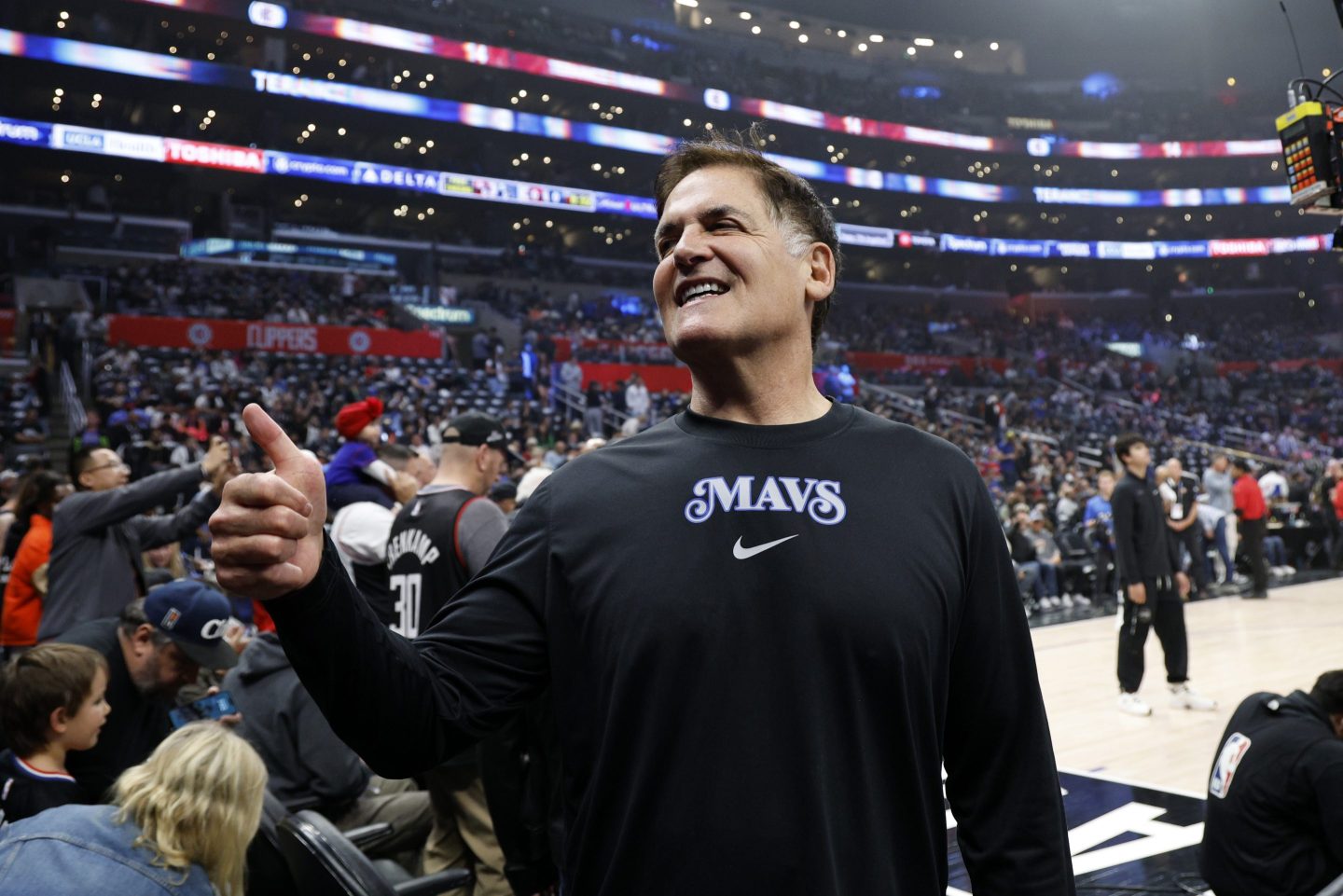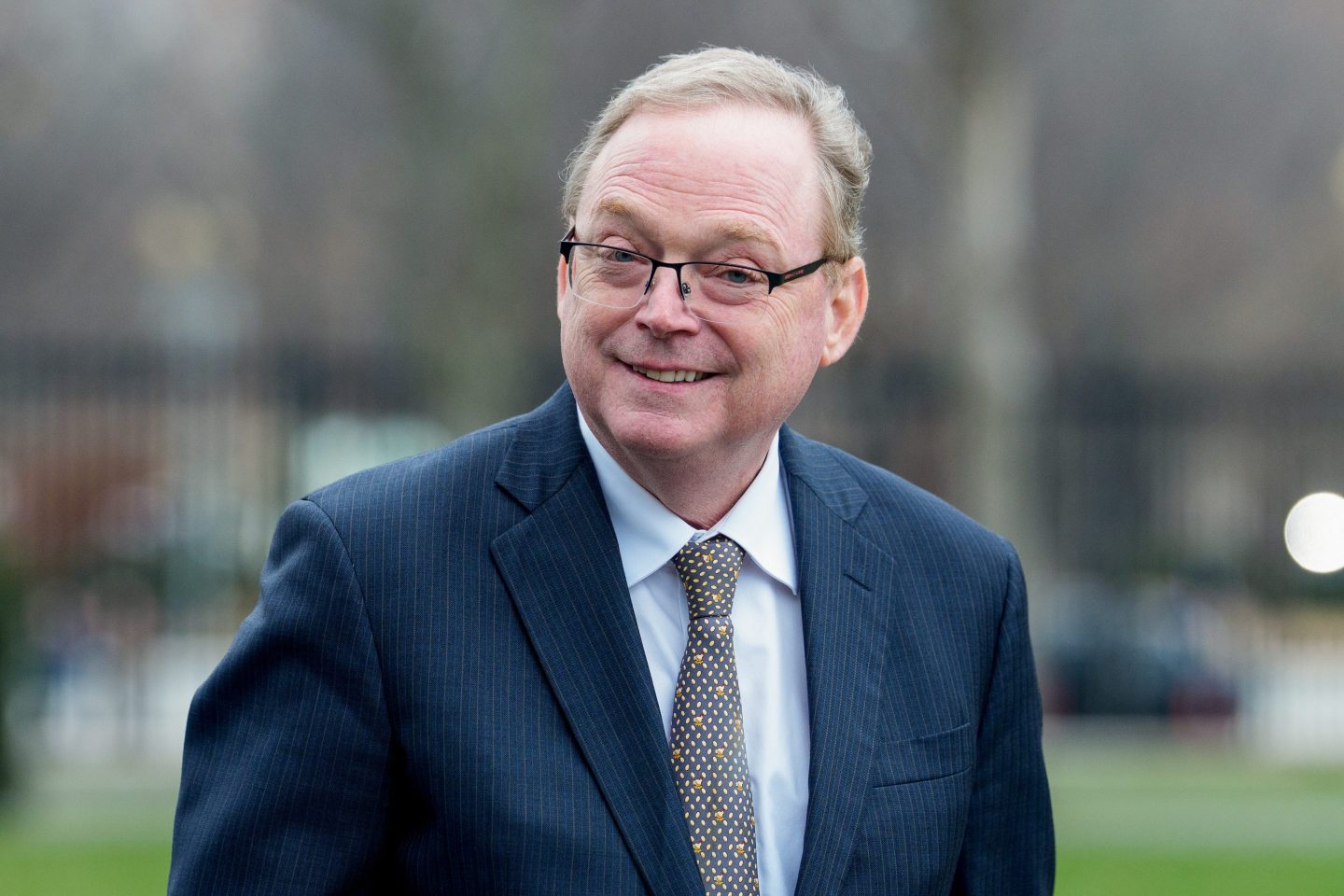The moment that most made Linda Yaccarino doubt that she belonged in her role as X CEO—and ultimately helped her shed the nagging worry—occurred at January Senate hearings into child exploitation on social media platforms.
It was “one of the most pivotal moments not just of last year but of my entire life,” Yaccarino said Monday in a conversation with Shelley Zalis, founder and CEO of the Female Quotient, at this week’s Cannes Lions, the advertising world’s version of the Oscars.
Going into the hearings, Yaccarino said, she had only been at the company six months and therefore lacked what she called the “depth of knowledge” and tenure enjoyed by the four male counterparts from the likes of Meta and TikTok sitting beside her on the panel.
“I’m not an engineer, I’m not a founder, and my natural kind of career-long upbringing was not in tech and social media,” she said, describing a feeling of not belonging commonly known as Imposter Syndrome. “And by the way, [I was] the only woman.”
Yaccarino said she had been keen to share the work undertaken by X on her watch to better protect children on the platform, but worried she would be able to do so with confidence.
Ultimately, she says, what helped her do so was the preparation process, the data she had to back up her assertions, and the encouragement and support she received from the company.
“That fueled me and fueled my confidence to be successful that day,” said Yaccarino, who has regularly faced criticism she’s a puppet CEO—or really a glorified COO put in place to implement Musk’s orders—or has been set up by Musk to take the fall should the company fail.
When asked by Zalis to highlight an example or two of the relationship she enjoys with Musk, Yaccarino cited the day the entrepreneur announced in May that he had hired a female CEO to run Twitter.
Excited to announce that I’ve hired a new CEO for X/Twitter. She will be starting in ~6 weeks!
— Elon Musk (@elonmusk) May 11, 2023
My role will transition to being exec chair & CTO, overseeing product, software & sysops.
“I think that was the best message I ever got of all time,” she added.
The everything app that champions free speech
At the time, Yaccarino and Musk had been discussing his vision of moving away from Twitter as a 140-character messaging service. Instead, it would pivot toward a video-first platform offering audio calls and—soon—online payments, all under the banner of championing free speech.
“The scope of our ambition and the pace of the innovation at the company is like nothing I can describe to any of you. It’s exhilarating, slightly exhausting, but it is an opportunity of a lifetime to watch it happening,” said Yaccarino.
Counter to what many critics expected and indeed Musk’s own worst fears, X has not gone bankrupt since Musk was forced under penalty of court to honor in full his contract to buy Twitter for $44 billion.
It’s survived a period when it reportedly refused to pay countless bills, witnessed the proliferation of imposter accounts, and eliminated the majority of its headcount (including even the most dedicated).
Yaccarino even managed to steer the company ahead after Musk told former advertisers like Disney to “go f*** yourself,” adding on Monday that in retrospect she’d have taken the job again in a heartbeat.
But the transition into a more lucrative video-first platform has been slow despite every attempt by Musk to stream his Diablo IV video gaming live to followers.
‘She smoked ’em’
When Musk urged popular Twitch streamers to switch to X by attacking his Amazon-owned rival for its failure to police its content, he was promptly ridiculed over his own platform’s infestation of bots.
Days later, X announced its own change of course and reworded its terms of service to specifically permit sharing content not safe for work. It subsequently eliminated any ability to see what posts users like.
In other words, Yaccarino and her team still have a lot of work to do if X is indeed to become the everything app. Right now users only spend some 35 minutes a day on the platform, according to Yaccarino. While she believes that will “only go up” going forward once payments are rolled out starting in the U.S. market, that number is still far from the declared goal of users spending, in her words, “most of their lives” on the platform.
But her experience testifying alongside four peers on the issue of policing child grooming and sexual exploitation on social media helped boost her confidence to succeed in this task as well. Interviewer Zalis of the Female Quotient was quick to agree: “If you actually watch the hearing, it was Linda and five [sic] dudes—and she smoked ’em.”













